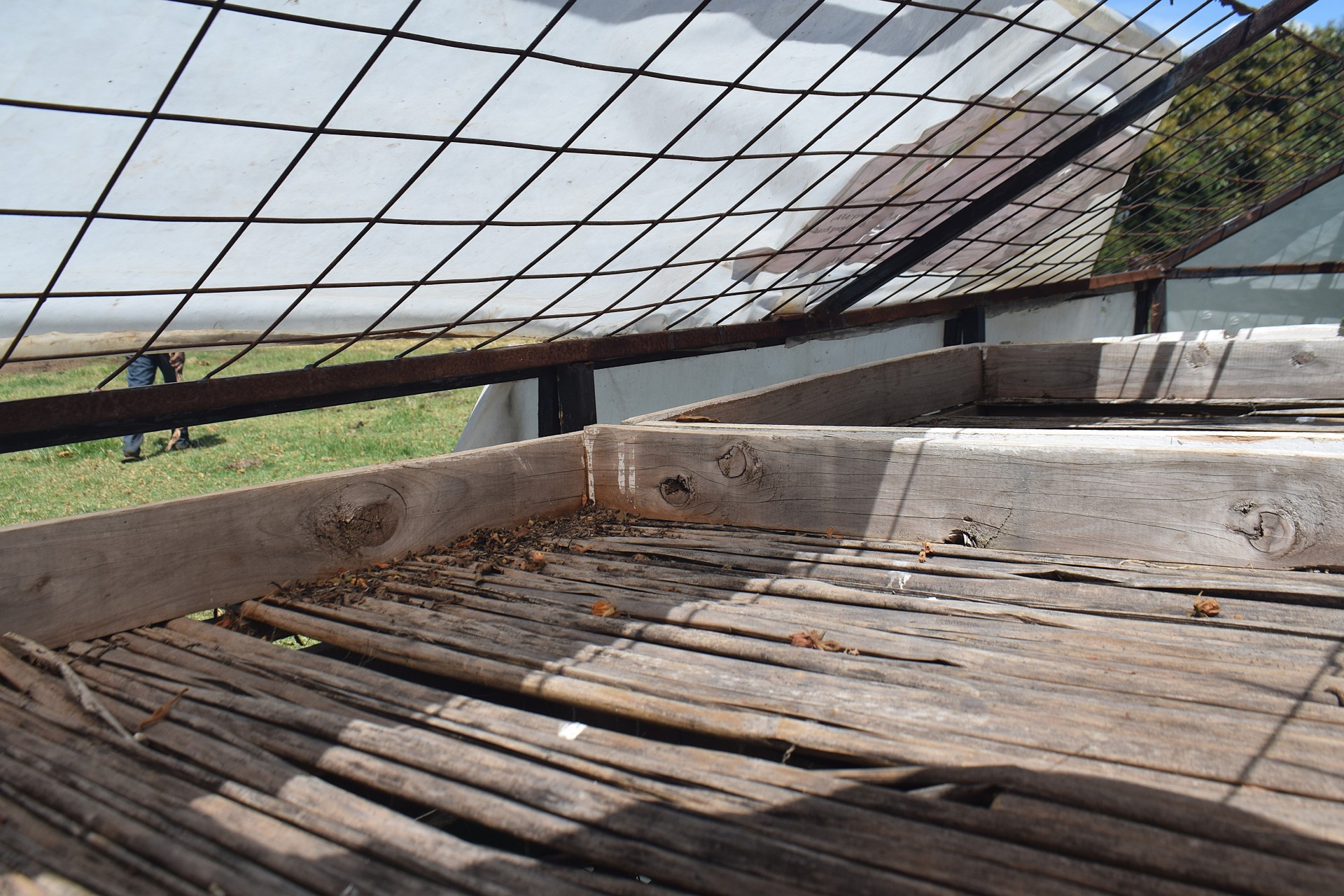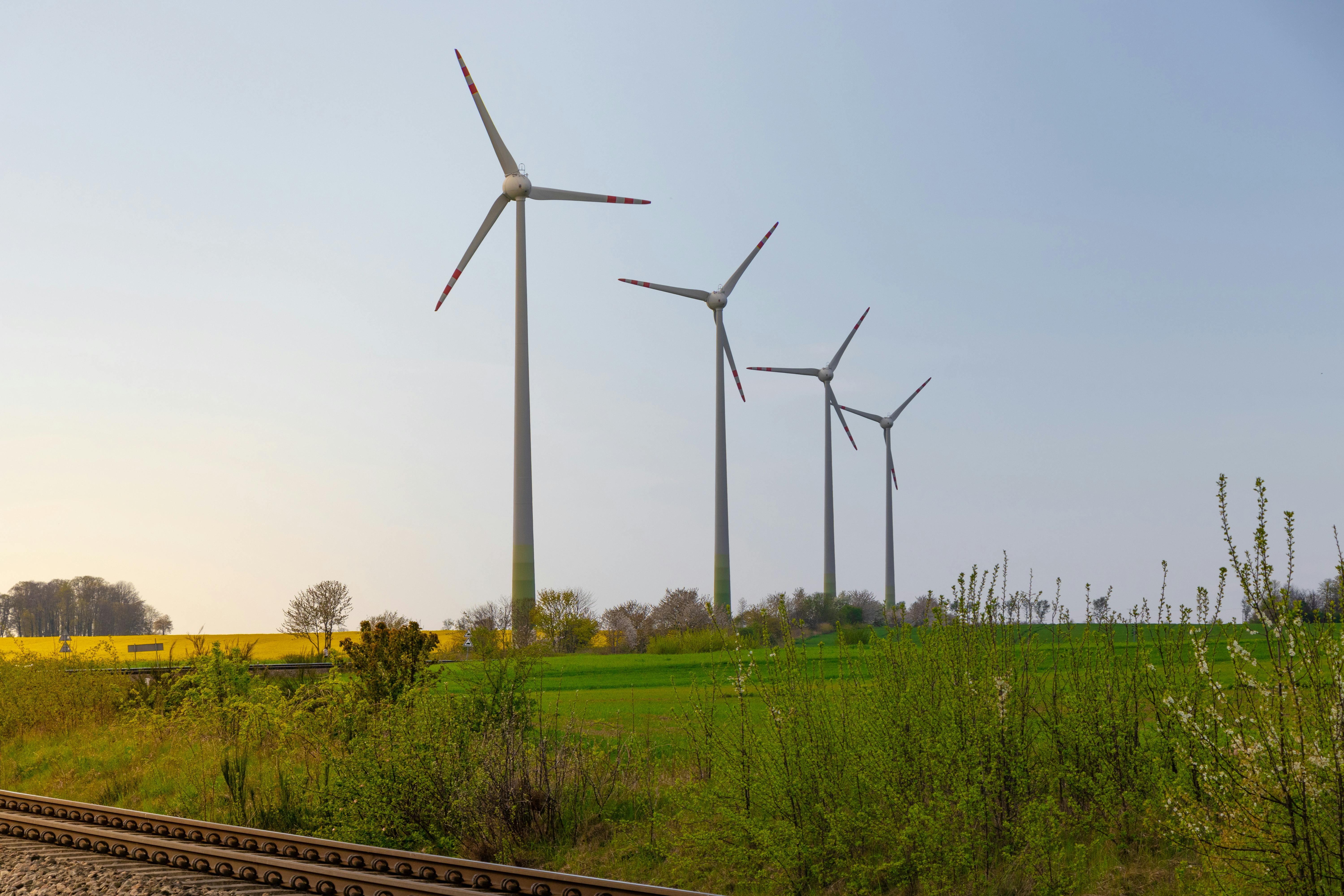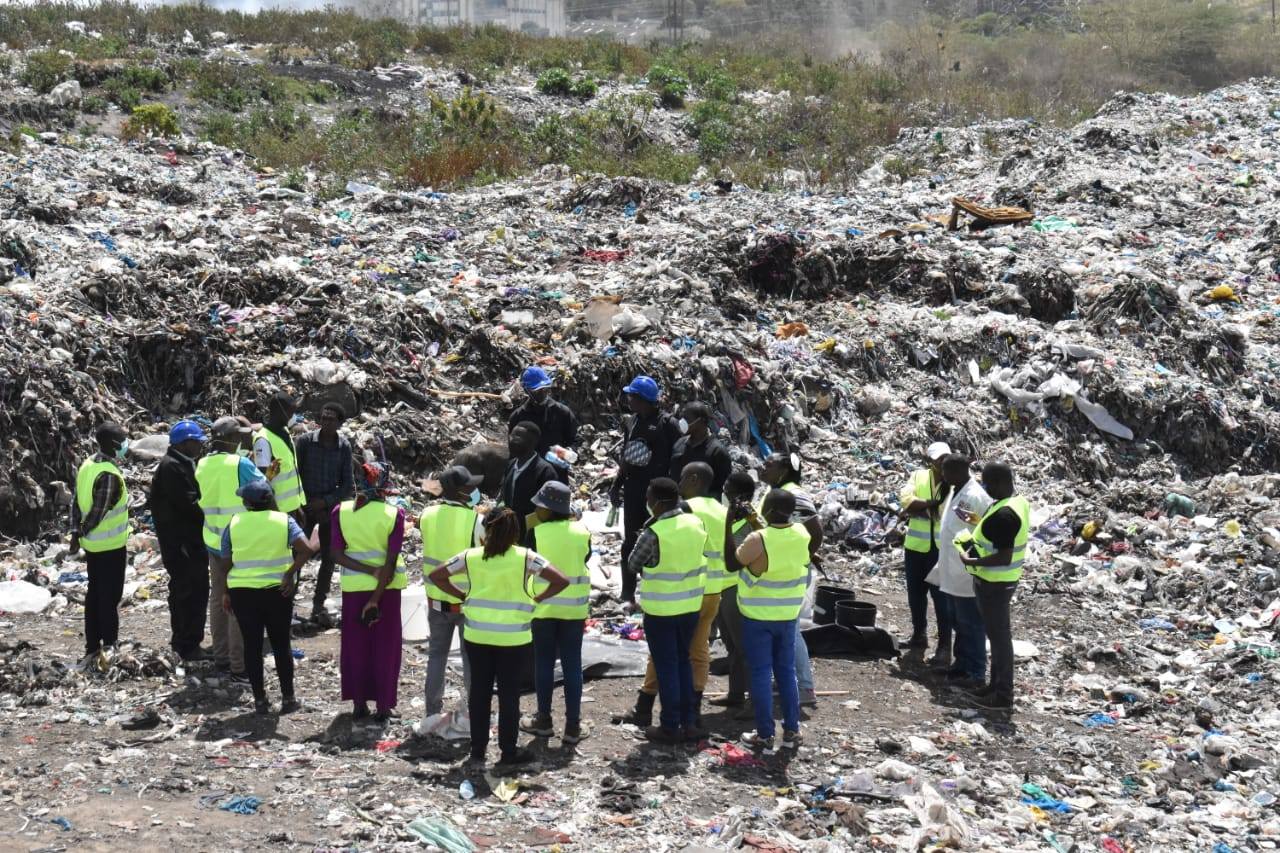- Plastics are a threat to the ocean, and if the world fails to address the issue, it dooms hell for the ocean.
In a bid to tackle the plastic menace in the country, the government is keen on rolling out initiatives that ensure environmental conservation is paramount.
According to the Cabinet Secretary for Environment, Climate Change and Forestry Deborah Barasa, the Ministry is scaling up enforcement of Extended Producer Responsibility, promoting biodegradable materials like sisal and bamboo, and working with counties to roll out agroforestry and waste management initiatives.
“We are also advancing the Global Plastic Action Partnership to safeguard our marine ecosystems and push for stronger legislation across East Africa,” she said.
Furthermore, she has acknowledged that across the counties, women and youth are driving change—creating businesses that turn plastic into income, building sustainable alternatives, and restoring ecosystems.
World Environment Day 2025 called for collective action to tackle plastic pollution. The Environment commemoration comes two months before countries come together to continue the negotiation on the global treaty to end plastic pollution.
Read More
The discussions on the treaty came to be following the March 2022 meeting of the UN Environment Assembly (UNEA-5.2). It was then requested that the Executive Director of the UN Environment Programme (UNEP) convene an Intergovernmental Negotiating Committee (INC) to develop "the instrument," which is to be based on a comprehensive approach that addresses the full life cycle of plastic, including its production, design, and disposal.
The work on this began in the second half of 2022. The second part of the fifth session of the Intergovernmental Negotiating Committee (INC-5.2) will take place in Geneva, Switzerland, from August 5 to 14, 2025.
Plastics are a threat to the ocean, and if the world fails to address the issue, it dooms hell for the ocean.
The National Environment Management Authority (NEMA) estimates that 22,000 tonnes of waste is generated in Kenya daily, about 20% of it is plastic. Kenya’s daily plastic consumption is estimated to be 0.03 kg per person. Only 8% of waste produced annually is recycled.
According to the environmental authority, the plastic menace goes further to cause harm and danger to other species on the planet. NEMA Director General Mamo B. Mamo notes that research commissioned by NEMA in 2017 finds that out of 10 cows slaughtered, 8 contained plastics in their rumens.
However, he points out that currently, due to the significant progress that the country has achieved in the ban of plastic bags, the number has reduced to one in subsequent research findings.
Aside from the 2017 ban on plastic bags, the country has developed legal frameworks to address plastic waste. These include the EMCA (Plastic Packaging Materials) Regulations, 2024, the Extended Producer Responsibility (EPR) Regulations, and operationalizing the Sustainable Waste Management Act, 2022.
Pointing at the adverse effects of this long-term pollution, the United Nations Secretary General Antonio Guterres urges all to use World Environment Day to end the scourge of plastic pollution together and build a better future for us all.
“The plastic pollution is choking our planet, harming ecosystems & the climate. Plastic waste clogs rivers, pollutes the ocean & endangers wildlife,” he said.


-1769677767.jpg)




-1768983522.png)